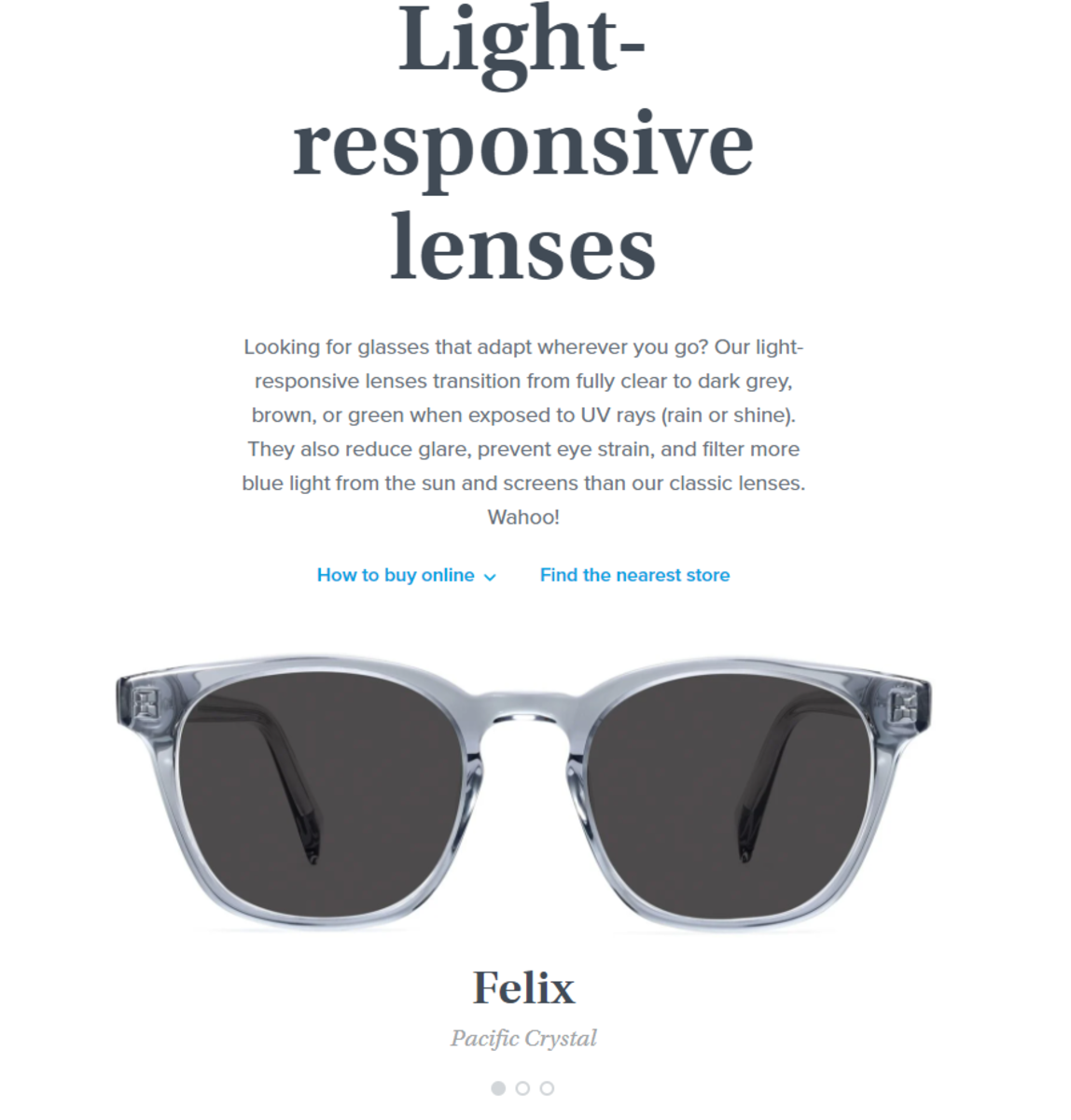Does Aspirin Help Reduce Risk of Dementia?
Although some studies suggests that Aspirin's anti-inflammatory properties may help reduce risk of dementia, one should NOT be taking Aspirin over the long term as a preventative measure due to potentially dangerous side effects of Aspirin.
Typically, low-dose Aspirin is taken to prevent blood clots and to reduce the risk of second strokes and heart attacks for people who had already had an heart attack. However, there is some evidence that Aspirin may help with some dementia because of aspirin's anti-inflammatory effect and its ability to improves blood flow through vessels. Afterall, the brain is full of blood vessels. And inflammation of the brain is a contributing factor in some forms dementia.
Aspirin is a class of drug known as "nonsteroidal anti-inflammatory drugs" (NSAIDs). Other medication such as Ibuprofen and Advil are in the same class and may have the same effect.
Note that aspirin that are taken on a regular basis are lower dose than regular aspirin. They are called "low-dose aspirin", "baby aspirin", or "regimen aspirin". They are often 81 mg, which is about a quarter the dose of a regular aspirin.
Evidence of Aspirin's Effect
CNN Health reports of a study looking at 3000 people in Utah with slight dementia and early signs of Alzheimer's. It found that those who took these NSAIDs medication long term (4 times a week for over two years) had a 45% reduction in risk of Alzheimer's.
University of California at Los Angeles paper suggests being that Ibuprofen may offer some against most forms of Alzheimer's disease.
The National Institute on Aging reports on a 15 year study where they found that anti-inflammatory drugs such as ibuprofen appears to reduce the risk of Alzheimer's disease by half when the study looked people who have taken these drugs over the course of two years for other conditions such as arthritis. This study consisted of looking at data of 2300 people from Baltimore Longitudinal Study of Aging. However, the same news report says that Asprin "appeared to have little or no effect on the risk of AD within the limitations of this study"[4]
Time reports that low-dose aspirin may reduce inflammatory cytokins in the brain and reduce risk of Alzheimer's. The article says ...
"Preliminary research suggests that low-dose aspirin and fish-oil capsules — both of which are known to reduce inflammatory cytokines — seem to reduce a person's risk of Alzheimer's disease. Unfortunately, most of these preventive measures need to be started well before any neurological problems develop."[reference]
Adverse Effects of NSAIDs
Because of conflicting studies, many say that the studies are not conclusive enough and they do not recommend taking aspirin on regular basis for preventative measures. Despite the preventative evidence shown, many health experts believe that one should not be taking aspirin or NSAIDs over long term.
This is because NSAIDs have adverse health effects. Some side effects may include dizziness, headache, nausea, gastrointestinal irregularity, and drowsiness. NSAIDs may also cause fluid retention, leading to edema.
More serious adverse effects are gastrointestinal bleeding. Because Aspirin is a blood-thinner, it causes prolonged bleeding after injury and surgery. It can cause ulcers and perforation of the stomach or intestines. NSAIDs can cause kidney problems leading to kidney and/or liver failure. They may also cause fluid retention which can lead to edema.
There is also possibility of adverse drug interactions with other medications. Deaths from Aspirin usage have occurred due to these adverse effects.
Aspirin Warning
Aspirin is a blood thinner and increases risk of bleeding, especially if you are also taking other blood thinning type of supplements or medication such as anticoagulants, platelet inhibitors, or thrombolytic agents. Other medications may also contain aspirin, which when used in combination would give you too much.
Check labels and drug interactions and ask doctor / pharmacist to ensure that you are not taking a potentially dangerous combination of aspirin with other medication or supplement.
For example, some people take Ginkgo Biloba supplement for cognitive enhancement and now if they take aspirin on a regular basis to supposedly reduce risk of Alzheimer's, they may end up doing more harm than good. Because Ginkgo Biloba and Aspirin are a potentially dangerous combination since they both thin the blood and increase chance of internal bleeding. Drugs.com says to "generally avoid" this combination. Just because both are non-prescription over-the-counter drugs does not mean that they are safe to take in combination. This is just one example of many of these drug interactions.
Do not take aspirin if pregnant, especially when in the last three months of pregnancy as it may affect the baby and delivery.
Children and teenagers should not take aspirin during chicken pox, flu, or other un-diagnosis illness, or if recently received a vaccine. By doing so, there may be a risk of Reye's syndrome.
Natural Anti-inflammatories
For preventative measures, one can take natural foods that are anti-inflammatory rather than taking aspirin or other nonsteroidal anti-inflammatory drugs. These foods includes ginger and turmeric, which you can take in unlimited amounts (according to Dr. Andrew Weil's Anti-inflammatory food pyramid).
Dr. Weil answers a reader's question on his site about ibuprofen and Alzheimer in which he say that ...
"I'm convinced enough of the relationship between anti-inflammatory therapy and reduction of Alzheimer's risk to recommend taking natural anti-inflammatory agents such as ginger and turmeric which aren't as toxic as synthetics"
and in which he recommends New Chapter's Turmeric Force instead of taking NSAIDs. [reference]
Neurologists Dr. Pat McGeer eats ginger every day as a preventative measure against Alzheimer's as reported by The Vancouver Sun. The report also mentioned that ginger as well as other foods such as blackberries, rhubarb, cinnamon, turmeric, cranberries, pomegranate and blueberries have enzymes that hinders beta amyloid plaque buildup in the brain, which is often associated with Alzheimer's disease.
Note:
Author is not a medical professional and may receive compensation from the display ads within article. This is only opinion at the time of writing and is not medical advice. Always consult with a doctor before taking aspirin on a regular basis or long-term.








